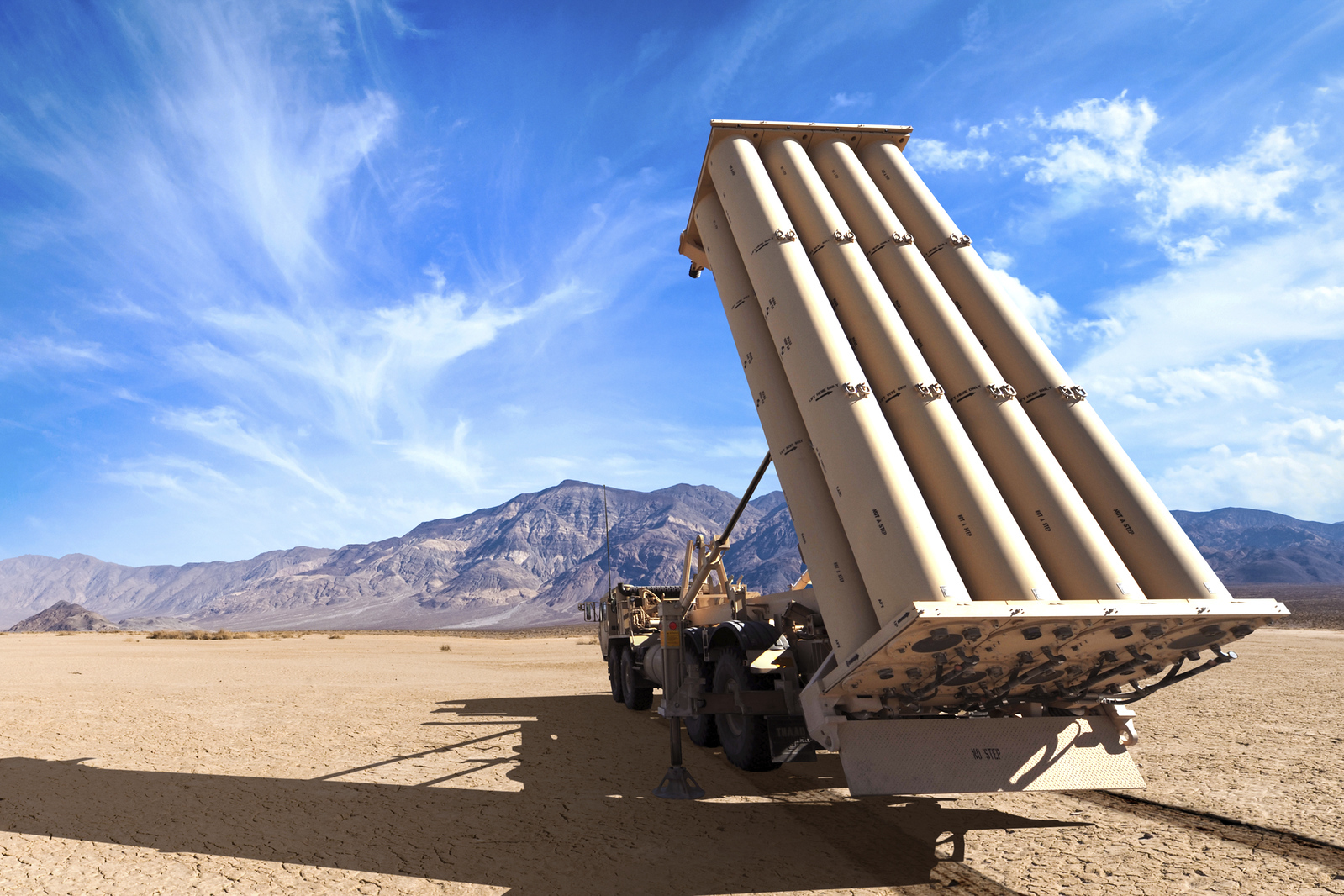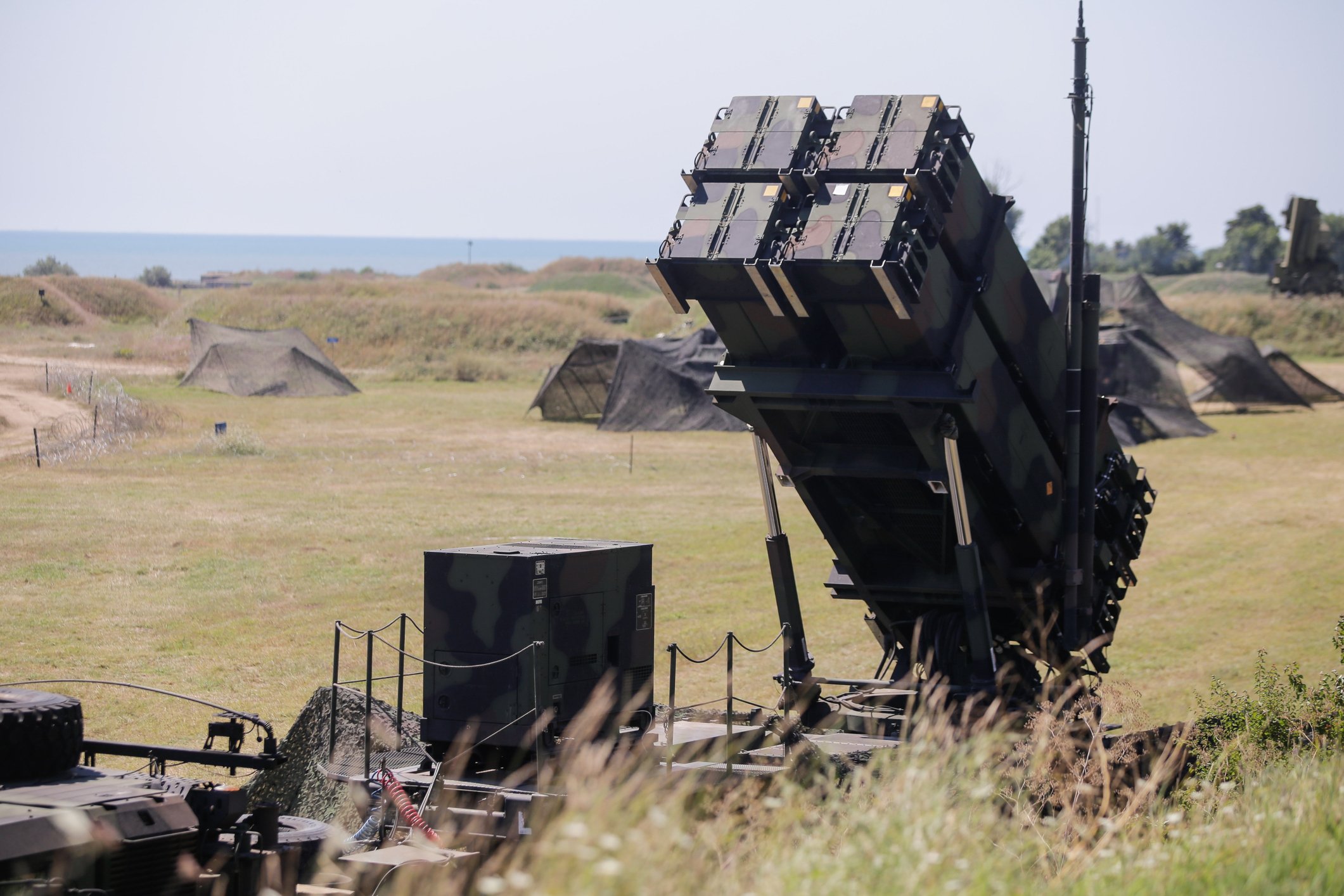Japan is reportedly planning to acquire up to 100 additional Lockheed Martin (LMT 3.84%) F-35s, a big boost to the contractor's effort to make the Joint Strike Fighter a global hit and a $1 trillion program.
The planned purchase, which according to Japan's Nikkei Asian Review should be included in the government's National Defense Program Guidelines to be approved in mid-December, would check several geopolitical boxes for the Japanese government. The country is looking to make a statement in response to China's military buildup and continued tensions with North Korea. The order would also be an affirmative response to calls by the White House for allies to purchase more American weaponry.

Lockheed Martin's F-35 is gaining altitude. Image source: Lockheed Martin.
Japan already has deals in place to acquire 42 F-35s, but the additional jets would replace the aging frames among Japan's fleet of 200 F-15 fighters.
Going global
The F-35, though first and foremost designed and built for the U.S. military, has always had an international mission in mind. The United States partnered with eight allies to design and produce the jet, and has authorized sales to Japan and other allies.
At current prices, each F-35 frame costs at least $88 million, meaning a full 100-plane order would generate at least $8.8 billion in new sales even before support and service revenue is considered. Japan is reportedly planning to include some F-35B variants in its order -- planes capable of vertical landings and short takeoffs -- which carry a price of $115.5 million per frame.
So far, the United States is responsible for more than 75% of the more than 3,000 F-35s either purchased or planned for purchase, but Lockheed Martin hopes to eventually sell more than 1,500 fighters overseas. Those added foreign sales in the years to come are what could push the F-35 past just being a successful program, and toward being a blockbuster hit for Lockheed Martin.
A new Japan order would come just weeks after Belgium became the thirteenth nation to join the F-35 program, announcing plans to buy 34 fighters. The deals are keeping the F-35's momentum going strong at a time when Boeing is attempting to attract interest in its revamped F/a-18 Super Hornet, including an attempt to convince Canada to order F-18s instead of F-35s despite that nation's participation in the F-35 program since 1997.
Lockheed also hopes to eventually win orders from other U.S. partners including Spain, the United Arab Emirates, and Switzerland.
Boxing out the competition
The United States is the country that makes or breaks the F-35, but these other orders matter. Lockheed Martin, designer of both the F-35 and the F-22 Raptor, has been the dominant U.S. player in fighter jets since the early 1990s. And the company has been racing to bring down the cost of its high-tech planes to fend off competition from cheaper, 1970s-era designs.
A big Japan order would indicate that the country is prioritizing the F-35 over a potential new design. Reuters reported earlier this year that Japan has put out feelers about a proposed F-3 fighter jet in a competition that could pit Lockheed Martin against Northrop Grumman and others. But if the Japanese government has decided at least for now to focus on the F-35 instead of a new fighter, Northrop would be denied an opportunity to create a fresh aircraft that could take on Lockheed Martin in future competitions.
Lockheed Martin has made steady progress extracting costs from the F-35 program, with the latest batch sold to the U.S. boasting a 5% reduction in recurring flyaway costs compared to the previous batch. As the company is expected to reduce the cost of a base model F-35 to $80 million by 2020, it has to feel optimistic if it's primarily competing against older technologies whose major selling point is affordability.
F-35 just one (important) part of the puzzle
Lockheed Martin endured an arduous development process with the F-35, but the company is finally beginning to ramp up production. Lockheed expects to deliver 91 F-35s in 2018 and 145 in 2020, up from 66 deliveries in 2017.
Alas, the success of the F-35, which accounts for about one-quarter of Lockheed Martin's total revenue, is largely baked into the company's share price.
It's up to the company's non-aviation businesses to spark growth, and of late Lockheed Martin has been doing just that. The company has won more than $1.2 billion in new awards this year related to hypersonics, with the Pentagon declaring that "no other contractor has this level of design maturity," and its missile and antimissile systems are expected to be in high demand to counter threats along the Pacific Rim, in Eastern Europe, and in the Middle East.
Lockheed Martin is a buy today on the strength of its total portfolio, but the stock can only outperform if its F-35 program grows as expected. This Japan deal is an important step in the right direction.
Lockheed Martin is steadily building the portfolio it needs to sustain altitude.






